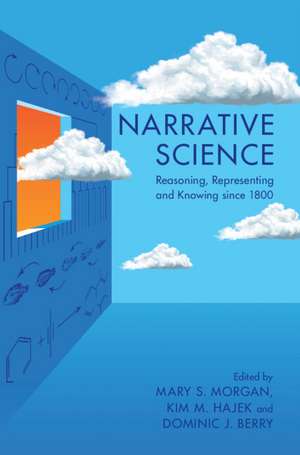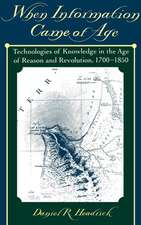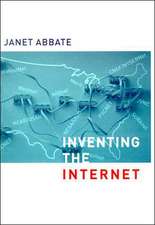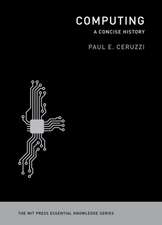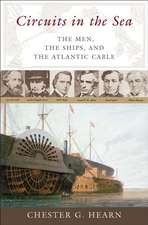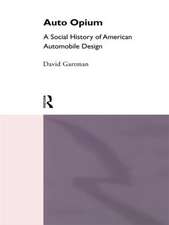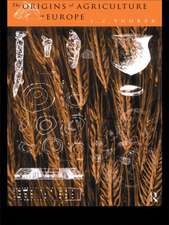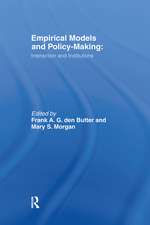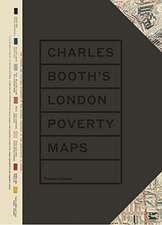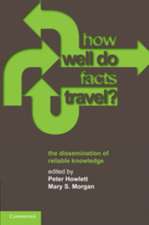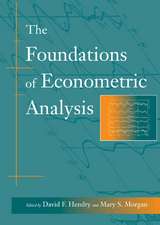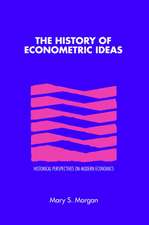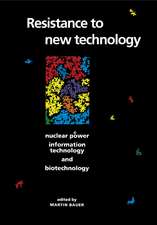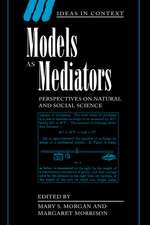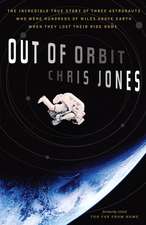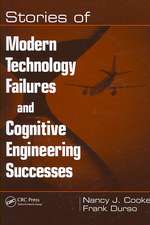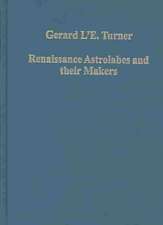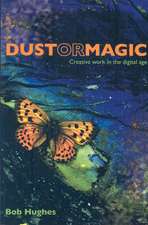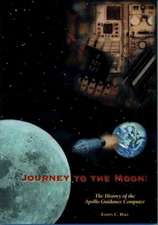Narrative Science: Reasoning, Representing and Knowing since 1800
Editat de Mary S. Morgan, Kim M. Hajek, Dominic J. Berryen Limba Engleză Hardback – 5 oct 2022
| Toate formatele și edițiile | Preț | Express |
|---|---|---|
| Paperback (1) | 250.26 lei 3-5 săpt. | |
| Cambridge University Press – 5 oct 2022 | 250.26 lei 3-5 săpt. | |
| Hardback (1) | 594.51 lei 3-5 săpt. | |
| Cambridge University Press – 5 oct 2022 | 594.51 lei 3-5 săpt. |
Preț: 594.51 lei
Preț vechi: 667.99 lei
-11% Nou
Puncte Express: 892
Preț estimativ în valută:
113.76€ • 118.77$ • 94.15£
113.76€ • 118.77$ • 94.15£
Carte disponibilă
Livrare economică 15-29 martie
Preluare comenzi: 021 569.72.76
Specificații
ISBN-13: 9781316519004
ISBN-10: 1316519007
Pagini: 498
Dimensiuni: 157 x 234 x 30 mm
Greutate: 0.84 kg
Ediția:Nouă
Editura: Cambridge University Press
Colecția Cambridge University Press
Locul publicării:Cambridge, United Kingdom
ISBN-10: 1316519007
Pagini: 498
Dimensiuni: 157 x 234 x 30 mm
Greutate: 0.84 kg
Ediția:Nouă
Editura: Cambridge University Press
Colecția Cambridge University Press
Locul publicării:Cambridge, United Kingdom
Cuprins
List of figures; Authors and affiliations; Foreword Mary S. Morgan, Kim M. Hajek and Dominic J. Berry; Prologues; 1. Narrative: A general purpose technology for science Mary S. Morgan; 2. What is narrative in narrative science? The narrative science approach Kim M. Hajek; Part I. Matters of Time: When time matters in the sciences, it matters in their narratives, but those narratives rarely use a simple account of time; 3. Mass extinctions and narratives of recurrence John E. Huss; 4. The narrative nature of geology and the rewriting of the stac fada story Andrew Hopkins; 5. Reasoning from narratives and models: reconstructing the tohoku earthquake Teru Miyake; 6. Stored and storied time in archaeology Anne Teather; Part II. Accessing Nature's Narratives: When nature is seen as narrating itself, narrative becomes a constituent feature of scientific accounts; 7. Great exaptations: On reading Darwin's plant narratives Devin Griffiths; 8. From memories to forecasting: Narrating imperial storm science Debjani Bhattacharyya; 9. Visual evidence and narrative in botany and war: Two domains, one practice Elizabeth Haines; 10. The trees' tale: Filigreed phylogenetic trees and integrated narratives Nina Kranke; 11. Process tracing and narrative science Sharon Crasnow; Part III. Research Narratives: When scientists write about their research, their narratives centre on their practices but reveal their beliefs about phenomena; 12. Research articles as narratives: Familiarizing communities with an approach Robert Meunier; 13. Thick and thin chemical narratives Mat Paskins; 14. Reporting on plagues: Epidemiological reasoning in the early twentieth century Lukas Engelmann; 15. The politics of representation: Narratives of automation in twentieth century American mathematics Stephanie Dick; 16. Chronicle, genealogy, and narrative: Understanding synthetic biology in the image of historiography Berry; Part IV. Narrative Sensibility and Argument: When narrative acts as a site for reasoning; 17. Anecdotes: epistemic switching in medical narratives Brian Hurwitz; 18. Narrative performance and the 'taboo on causal inference': A case study of conceptual remodelling and implicit causation Elspeth Jajdelska; 19. Reading mathematical proofs as narratives Line Edlsev Andersen; 20. Narrative solutions to a common evolutionary problem John Beatty; 21. Just-so what? Paula Olmos; 22. Narrative and natural language M. Norton Wise; Index.
Recenzii
'Through a mosaic of case studies from the natural and social sciences, this remarkable collection investigates the many ways in which scientists use narratives as modes and sites of sense-making, representation, and reasoning. The Narrative Science approach imaginatively reconfigures the relationship between philosophy, narratology and scientific practice, enriching each of these fields of inquiry as a result.' Chiara Ambrosio, University College London
'This rich collection makes a broad-ranging examination of scientific practices, revealing the ubiquitous presence and diverse functions of narratives. An important and illuminating emphasis is on the key role of narrative as a 'technology of sense-making'. This path-breaking volume will have far-reaching implications for science studies, with deep philosophical implications.' Hasok Chang, University of Cambridge
'Narrative Science is an important and original collection of essays which together evidence narrative's crucial epistemic role within science, and demonstrate the many ways in which narrative is involved in, sometimes integral to, the production of scientific knowledge.' Sarah Dillon, University of Cambridge
'Was science ever so austere and self-effacing as its defenders imply by praising it as 'data-driven'? The chapters of this important collection demonstrate the vital role of narrative not just in popular writing on science, but in creative research, pointing the way to a more encompassing historical philosophy of science.' Theodore M. Porter, UCLA
'Narrative Science eloquently parries dismissive, 'just-so' critiques of story-telling in science by demonstrating that scientists past and present have used narrative as a way of thinking: that is, a tool for making sense of the natural, human, and social worlds they study, and for creating new knowledge.' Anne Vila, University of Wisconsin-Madison
'This rich collection makes a broad-ranging examination of scientific practices, revealing the ubiquitous presence and diverse functions of narratives. An important and illuminating emphasis is on the key role of narrative as a 'technology of sense-making'. This path-breaking volume will have far-reaching implications for science studies, with deep philosophical implications.' Hasok Chang, University of Cambridge
'Narrative Science is an important and original collection of essays which together evidence narrative's crucial epistemic role within science, and demonstrate the many ways in which narrative is involved in, sometimes integral to, the production of scientific knowledge.' Sarah Dillon, University of Cambridge
'Was science ever so austere and self-effacing as its defenders imply by praising it as 'data-driven'? The chapters of this important collection demonstrate the vital role of narrative not just in popular writing on science, but in creative research, pointing the way to a more encompassing historical philosophy of science.' Theodore M. Porter, UCLA
'Narrative Science eloquently parries dismissive, 'just-so' critiques of story-telling in science by demonstrating that scientists past and present have used narrative as a way of thinking: that is, a tool for making sense of the natural, human, and social worlds they study, and for creating new knowledge.' Anne Vila, University of Wisconsin-Madison
Descriere
The first systematic analysis of the ways scientists have used narrative in their research.
